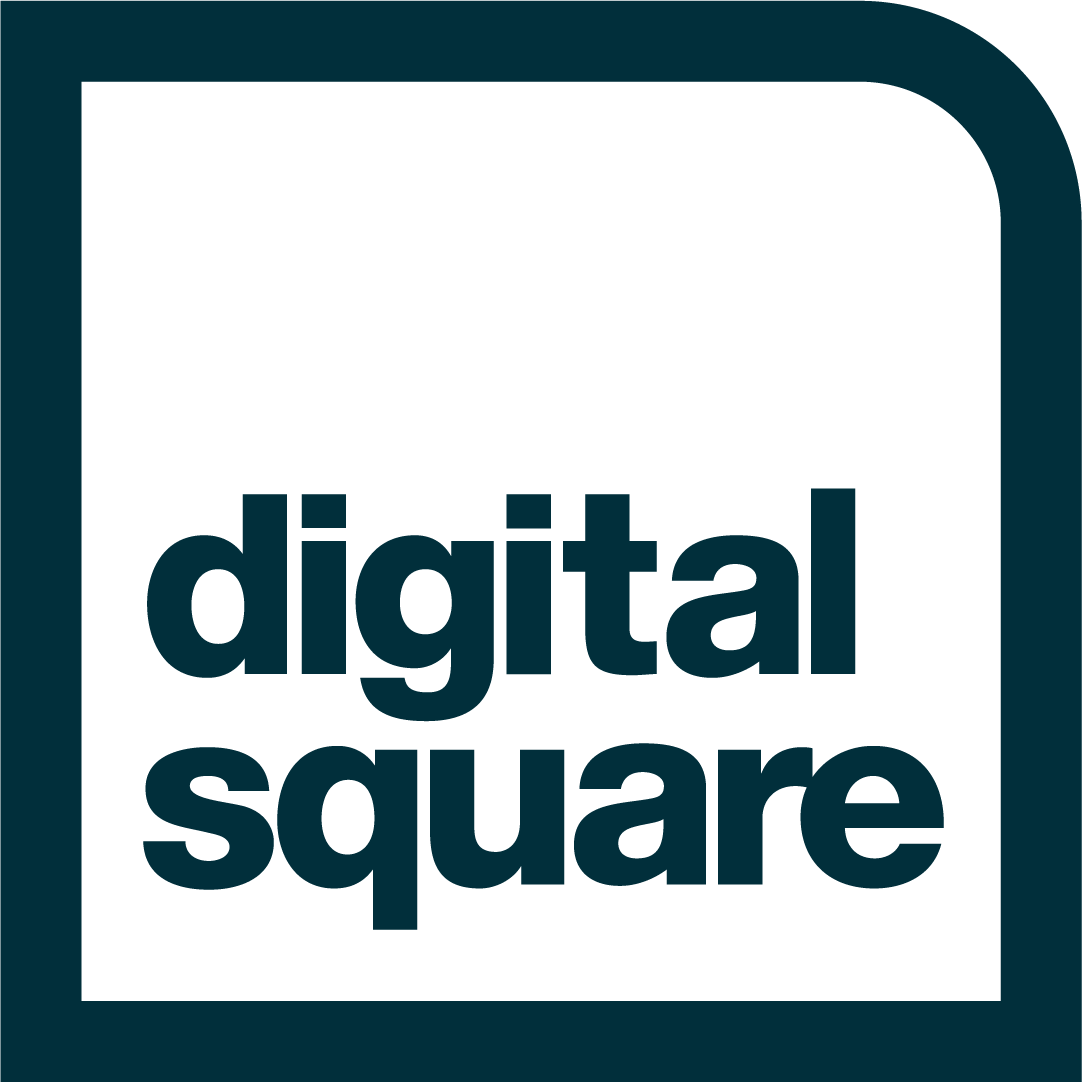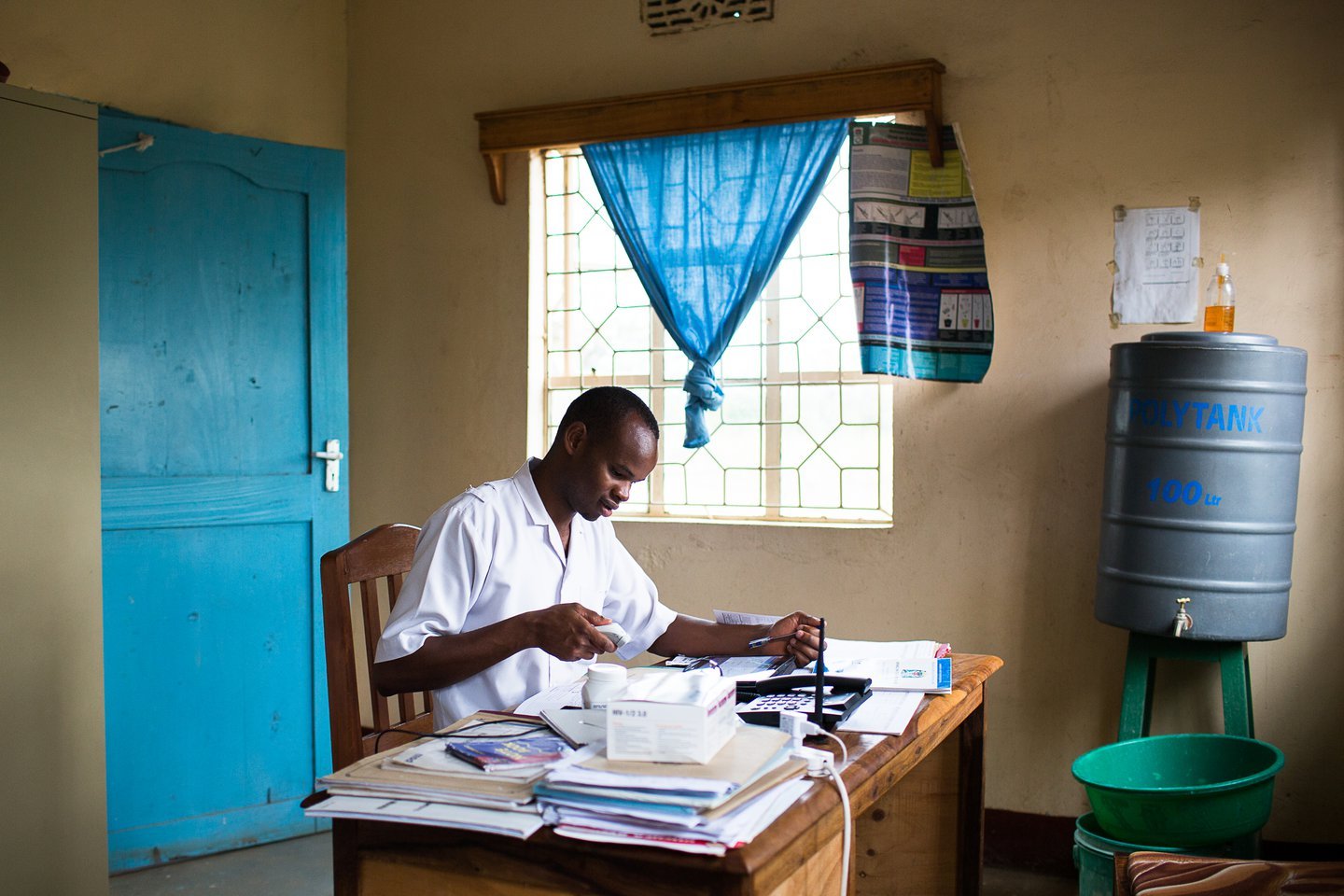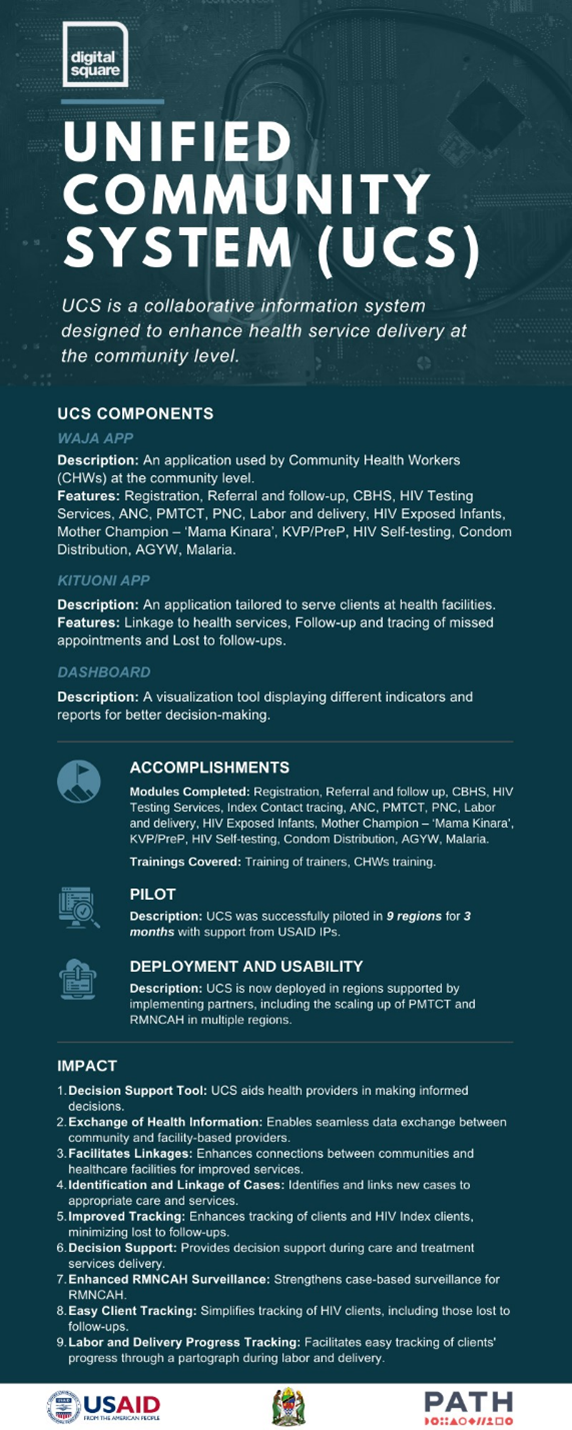Unified Community System empowers health care workers and transforms communities in Tanzania
By: Sadick Masomhe, Senior Program Officer, PATH Tanzania; and Sophie Bochaberi, Digital Square Engagement Officer
Paulo Urioh, a nurse at Mareu Health Center in Tanzania, using an electronic immunization registry. Photo: PATH/Trevor Snapp
In Tanzania, a groundbreaking initiative is helping transform community health care. The Unified Community System (UCS) was developed through a strategic partnership between Digital Square, the Ministry of Health - ICT, National AIDS Control Program, National Malaria Control Program, and key partners including Jhpiego, Deloitte, Elizabeth Glaser Pediatric AIDS Foundation, and D-tree. This system stands tall as a testament to innovation, collaboration, and transformative change.
“Strong governance is the foundation of a robust national health system,” notes Veryeh A. Sambu, Senior Data Manager and UCS Technical Lead, Ministry of Health, Tanzania. “In Tanzania, we have taken an inclusive approach to involve stakeholders from development to rollout, ensuring a unified vision for the use of the UCS across the country. Localized based on the facility and community-level needs, the system provides timely intervention data for better community planning by the national government.”
Empowering communities through innovation
The UCS is an information system designed to enhance health service delivery at the grassroots level. It facilitates the identification and enrollment of patients across multiple community health services. Specifically tailored for community health workers (CHWs), the system consolidates and captures data for various community interventions, including HIV, malaria, family planning, tuberculosis (TB), and leprosy; reproductive, maternal, newborn, child, and adolescent health; and gender-based violence support. In doing so, the UCS enhances referrals and linkages from community-based services to formal health care delivery and, ultimately, improves the performance monitoring of community health services and workforces for better health outcomes.
Built on the Open Smart Register Platform (OpenSRP) software, the UCS’s digital backbone consists of three integral components:
WAJA App: This application empowers CHWs out in the community to efficiently register clients, link them to essential health services, and conduct follow-ups, ensuring no appointment is missed.
Kituoni App: Custom-designed for health facilities, this application streamlines the process of serving clients, ensuring that health care providers have immediate access to relevant patient data and histories.
Dashboard: This visualization tool provides comprehensive insights through various indicators and reports, delivering actionable intelligence in addition to data.
From development to impact
The development of the UCS aligns with the country's national goals of achieving universal health care coverage, reducing health disparities, and improving the overall well-being of the nation’s citizens. Significant milestones of the UCS development journey include:
1. Development and capacity building:
Demonstrating an unwavering commitment to quality, the team developed crucial modules, including client and family registration, referral, and follow-up, as well as specialized areas such as HIV testing services and malaria control. The training programs, ranging from training of trainers sessions to specialized CHW training, empowered users to make a difference in their communities.
2. Pilot phase:
Digital Square played a pivotal role in piloting the UCS across nine regions in 33 health facilities for three intensive months. Through close collaboration with USAID implementing partners, this phase provided invaluable insights that have significantly contributed to enhancing the system's effectiveness and preparedness for real-world challenges.
3. Deployment and usability:
In multiple regions—including Morogoro, Iringa, Lindi, Mtwara, Njombe, Ruvuma, Kilimanjaro, Dodoma, Manyara, Singida, and Arusha—the UCS was deployed with the help of partners like Deloitte, Elizabeth Glaser Pediatric AIDS Foundation, and Jhpiego. In collaboration with partners, the Ministry of Health focused on scaling up the prevention of mother-to-child transmission of HIV in these 11 regions and improving reproductive, maternal, newborn, child, and adolescent health (RMNCAH) in four regions, namely Geita, Shinyanga, Katavi, and Mara.
As of November 10, 2023, a total of 264,933 clients have been registered across 17 regions in the country with 822 health care facilities and 1,085 facility health care providers using the UCS. Since the adoption of the system, there has been a 35 percent increase in the number of new health facilities, health care providers, and CHW users in the system.
4. Making a difference:
The UCS is a decision support tool that helps bridge the gap between community- and facility-based health care. Its primary goal is to identify new cases of illnesses, such as HIV and TB, and to ensure that the patients receive the best possible care. The UCS tracks missed appointments and links HIV and TB clients to follow-up appointments for a seamless continuum of care. It also provides decision support to health care providers during critical moments. At its core, the UCS is enhancing RMNCAH case-based surveillance and ensuring that no one, especially HIV clients, is lost to follow-up.
Importantly, the UCS is continuously being updated and improved to ensure optimal use across different health verticals. The proven strategy is to develop training materials, provide comprehensive training for trainers, and execute pilot programs for each module. Currently available modules include:
Two modules for social behavior change related to HIV and adolescent girls and young women.
A family planning module.
A malaria integrated community case management module.
Leveraging the UCS for enhanced health care
Tanzania’s embrace of the UCS represents a pivotal advancement in the health care sector, embodying the principles of collaboration, innovation, and inclusivity. The system is driven by a commitment to make health care more accessible, efficient, compassionate, and data-driven.
Through its emphasis on collaboration, the UCS helps foster a culture of teamwork that enables health care professionals to share their knowledge and expertise. This method allows for a more holistic and patient-centered approach to health care, which prioritizes patient needs and outcomes. Additionally, the UCS employs cutting-edge data analysis tools to gather insights and make informed decisions. By leveraging data, the system can identify trends and patterns that can be used to improve care and outcomes.
In developing the UCS, Tanzania has become a trailblazer in the field of health care. As it continues to be implemented, the system is making a significant impact on the lives of patients and their communities.




